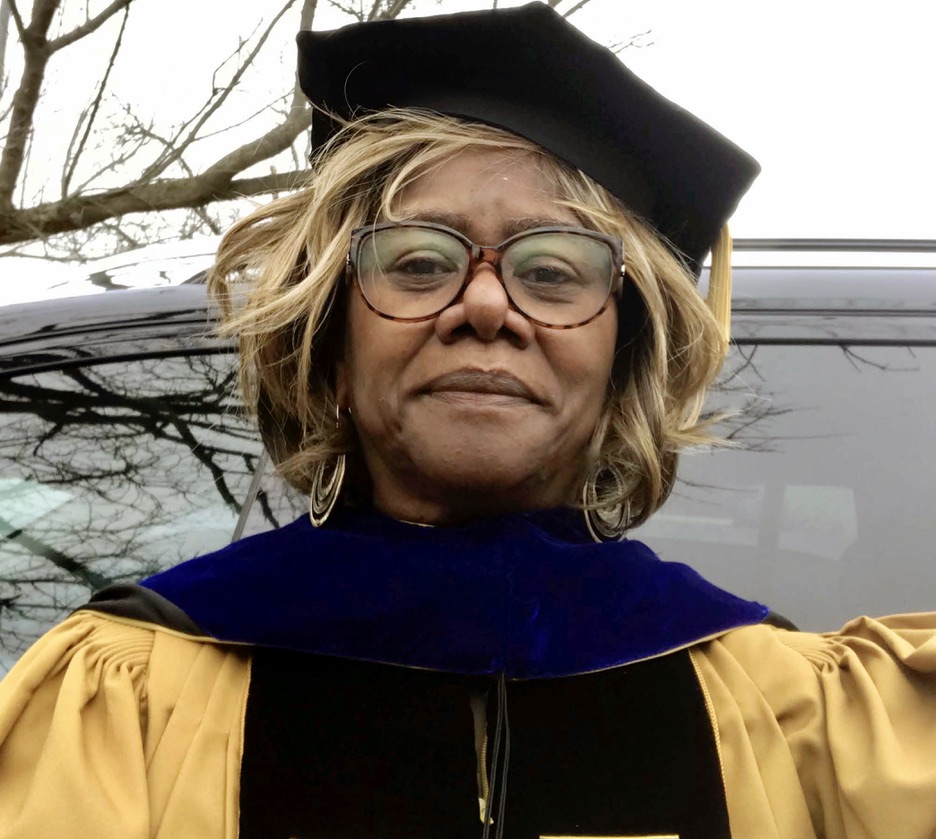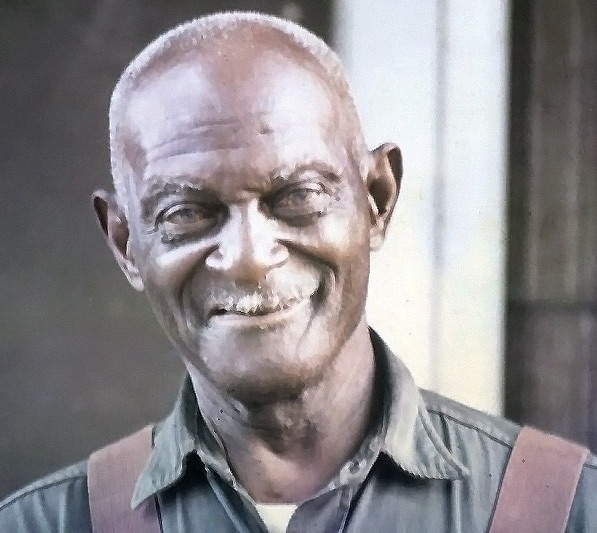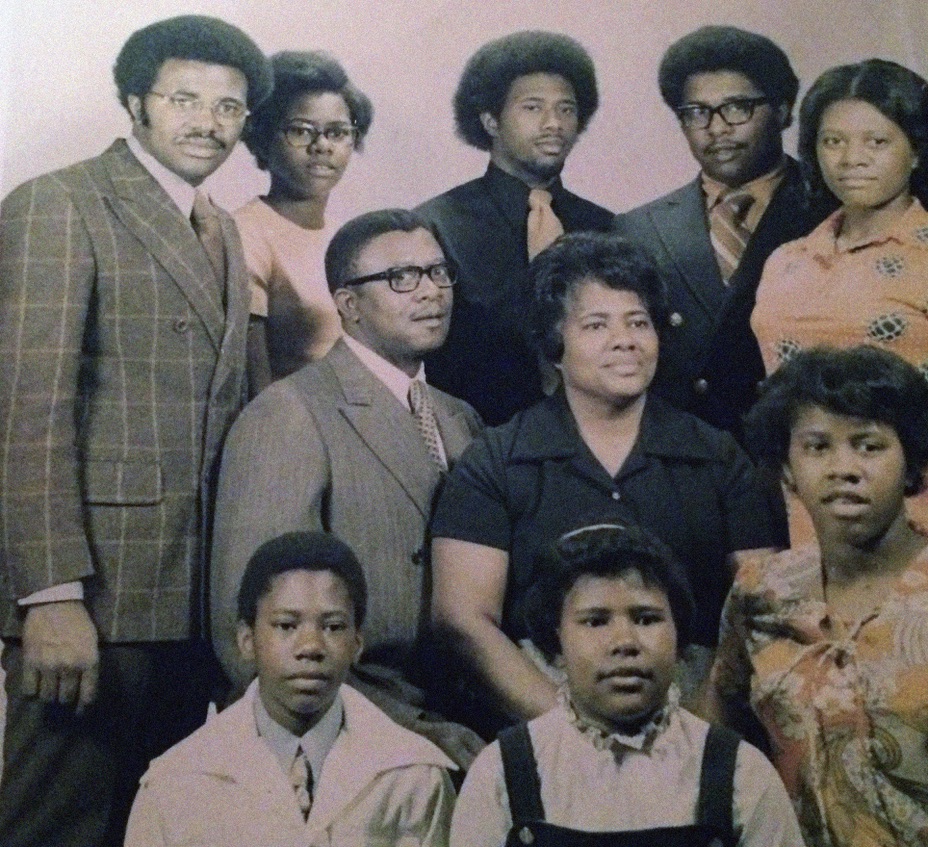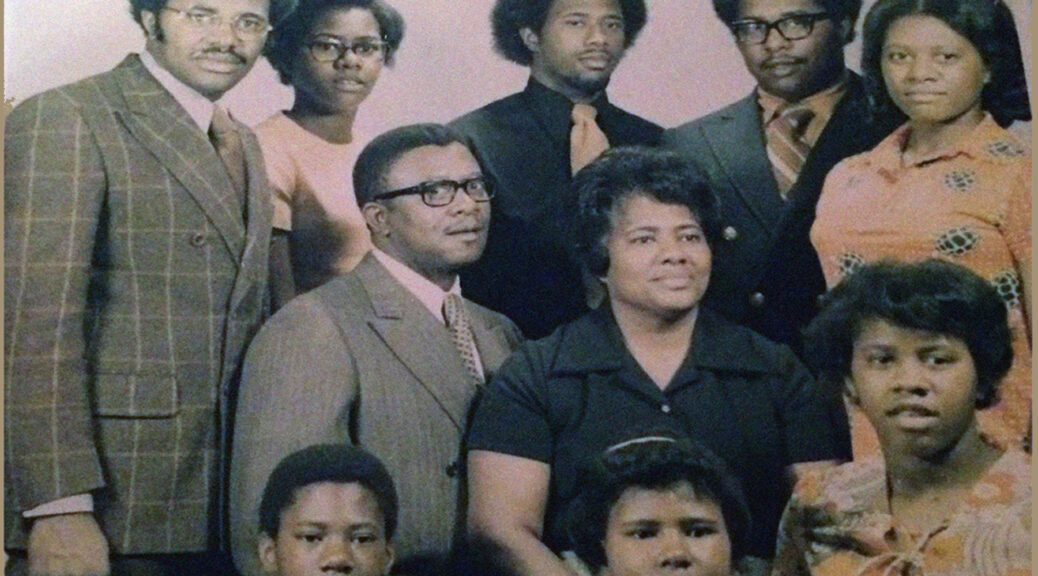NASHVILLE, Tenn. (TSU News Service) – It’s been nearly 50 years since the “Tuskegee Experiment” ended, but Wendelyn Inman is constantly haunted by the thought of what it did to her “Uncle Gus.”

“He was in that study and didn’t realize it was a study,” says Inman, sobbing, as she recounts her family’s trauma that resulted from the study, arguably the most infamous biomedical research study in U.S. history.
“They gave him syphilis and he didn’t realize he had been given syphilis,” adds Dr. Inman, a professor and director of the public health programs in the College of Health Professions at Tennessee State University.
In the study, conducted between 1932 and 1972 by the U.S. Public Health Service and the Centers for Disease Control and Prevention, investigators enrolled a total of 600 impoverished African American sharecroppers from Macon County, Alabama. Of these men, including Inman’s uncle, Augustus Reynolds (Uncle Gus), 399 had latent syphilis, with a control group of 201 men who were not infected.

As an incentive for participation in the study, the men were promised free medical care, but were deceived by the PHS, which never informed them of their syphilis diagnosis and provided disguised placebos, ineffective methods, and diagnostic procedures as treatment for “bad blood.” More than 100 died as a result.
Inman, now a microbiologist and a nationally recognized infectious disease control expert, says as result of the study, her uncle contracted syphilis and eventually went blind. By the end of the study, Inman’s family, including her grandparents, had left Alabama, and moved to Sandusky, Ohio, where she grew up. Reynolds’ wife divorced him because of his syphilis diagnosis, accusing him of being unfaithful. Blind and no one to care for him, he moved to Ohio and stayed with his siblings.
“He was blind, and I remember my siblings leading Uncle Gus out of the house to sit with us under the tree in the summer and having to lead him to go to church and things like that,” Inman recalls. “He died from it. That’s what I remember.”
Inman says she became interested in medicine and public health to “help my people better understand and avoid the mistakes” of the past.

“When he (Uncle Gus) was going through this, I was a very young child,” says Inman.
“So, I heard a lot of things about what my parents talked about. It did motivate me for a research career that I chose. What did my Uncle Gus die from? An infectious disease. So, I am on my path to helping my people be better, because now, I have a complete understanding of how a microbe works,” adds Inman. And she does!
When COVID-19 hit the United States followed by widespread vaccine hesitancy, especially among black people, Inman was among those public health experts encouraging her fellow African Americans to take the available drug against the disease. The Tuskegee Study is often cited as one of the reasons African Americans do not trust the vaccine. Efforts to increase vaccination rates among African Americans often focus on misconceptions surrounding the study as a result.
“This is no time for hesitancy,” says Inman. “The vaccines work.”
At TSU, in particular, Inman has helped in the effort to get employees and students vaccinated. Currently, close to 80 percent of the university’s full-time faculty and staff have received vaccinations, as well as hundreds of students.
Looking back at what happened to “Uncle Gus,” Inman has good reason to be optimistic about the vaccines. After all, she is a professor of public health, been an advisor on several national initiatives in that area, and previously served as the chief of epidemiology for the State of Tennessee.
“There is great advancement in medicine today,” she says. “When you look at science, there are so many benefits that outweigh the negatives, and there is access. If they (Uncle Gus and others) had equal access to healthcare, they could have gone to another doctor, but they didn’t have access to other healthcare and they knew it. So, they (U.S. government) enticed them by offering them healthcare while they were destroying their health.”
On May 16, 1997, President Bill Clinton formally apologized on behalf of the United States to victims of the Tuskegee study, calling it shameful and racist.
Department of Media Relations
Tennessee State University
3500 John Merritt Boulevard
Nashville, Tennessee 37209
615.963.5331
About Tennessee State University
Founded in 1912, Tennessee State University is Nashville’s only public university, and is a premier, historically black university and land-grant institution offering 39 bachelor’s degree programs, 24 master’s degree programs, and eight doctoral degrees. TSU is a comprehensive research intensive institution with a R-2 Carnegie designation, and has a graduate school on its downtown Avon Williams Campus, along with the Otis Floyd Nursery Research Center in McMinnville, Tennessee. With a commitment to excellence, Tennessee State University provides students with a quality education in a nurturing and innovative environment that prepares them as alumni to be global leaders in every facet of society. Visit the University online at tnstate.edu.
